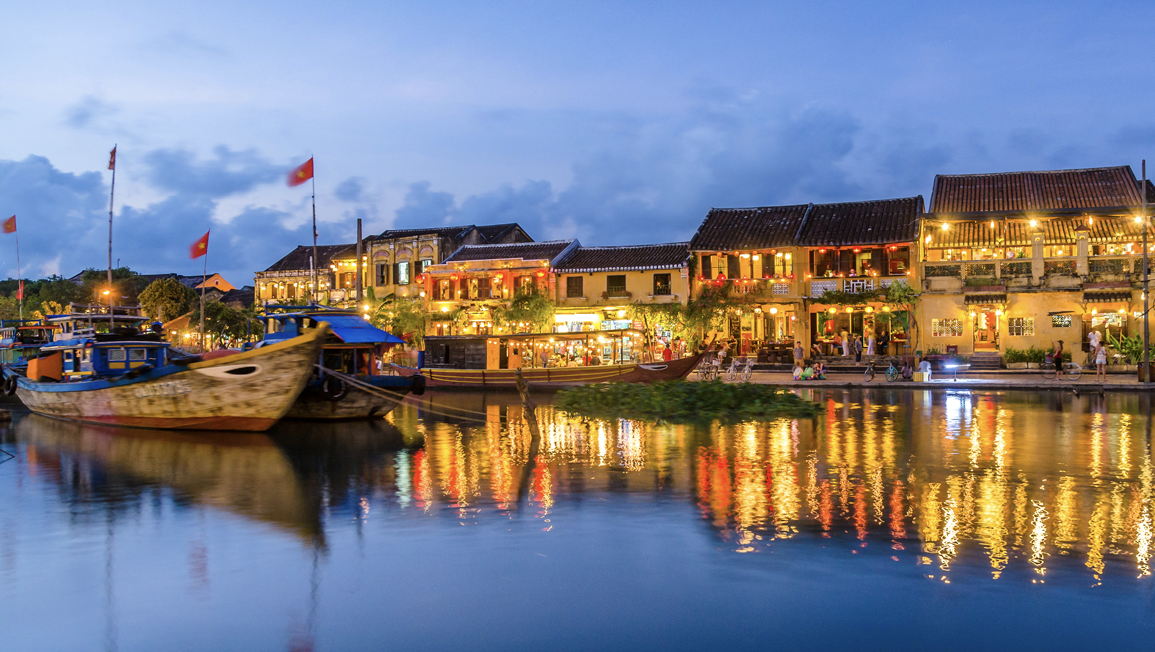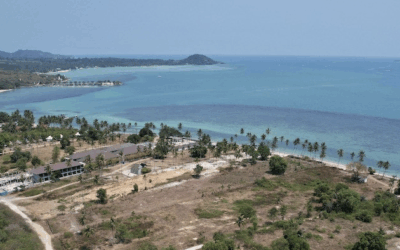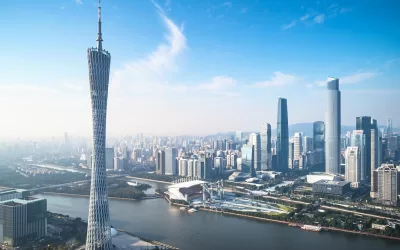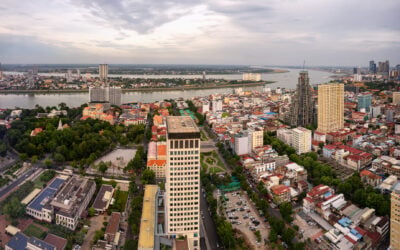Vietnam has become a magnet for foreign investors, thanks to its booming economy, youthful population, and increasing urbanization.
Whether it’s the vibrant cities of Ho Chi Minh City and Hanoi or the picturesque coastal areas of Da Nang and Nha Trang, Vietnam’s real estate sector offers exciting opportunities.
However, while the prospects might look appealing, buying property in Vietnam comes with a host of risks and challenges that investors must carefully consider.
This article delves into the complexities of Vietnam’s property market, highlighting potential pitfalls and offering insights for navigating these challenges.
Foreign Ownership Restrictions
One of the most significant barriers for foreign investors in Vietnam is the restrictive ownership laws.
While the 2015 Law on Residential Housing allowed foreigners to purchase property, the limitations are still stringent.
Foreigners can only own up to 30% of the apartments in a condominium and no more than 10% of landed properties within a single project.
This can be particularly challenging in high-demand areas, where the foreign ownership quota may already be maxed out.
Additionally, foreigners are only entitled to leasehold ownership for a maximum 50 years, with possibility of renewal. Yet this renewal process is uncertain and subject to government discretion.
Investors planning for long-term ownership or those looking for generational wealth transfer may find this leasehold system inadequate.
The inability to own land outright also limits the control foreign investors have over their property, making it less attractive compared to other markets in the region where freehold ownership is available.
Navigating these restrictions requires thorough research and legal advice. Prospective buyers should ensure that the property they are interested in falls within the allowable foreign ownership limits and verify the leasehold terms to avoid surprises later.
Bureaucratic Challenges and Legal Complexities
Vietnam’s real estate market is fraught with bureaucratic hurdles and legal ambiguities.
The process of purchasing property often involves extensive documentation and numerous approvals from local authorities, which can be time-consuming and frustrating.
Each region in Vietnam may interpret regulations differently, leading to inconsistencies that complicate the buying process.
Legal transparency is another significant issue. Many foreign investors struggle to verify property titles and ensure that they are free of encumbrances.
Without a centralized and accessible database for property records, buyers are at risk of falling victim to fraudulent transactions or disputes over ownership rights.
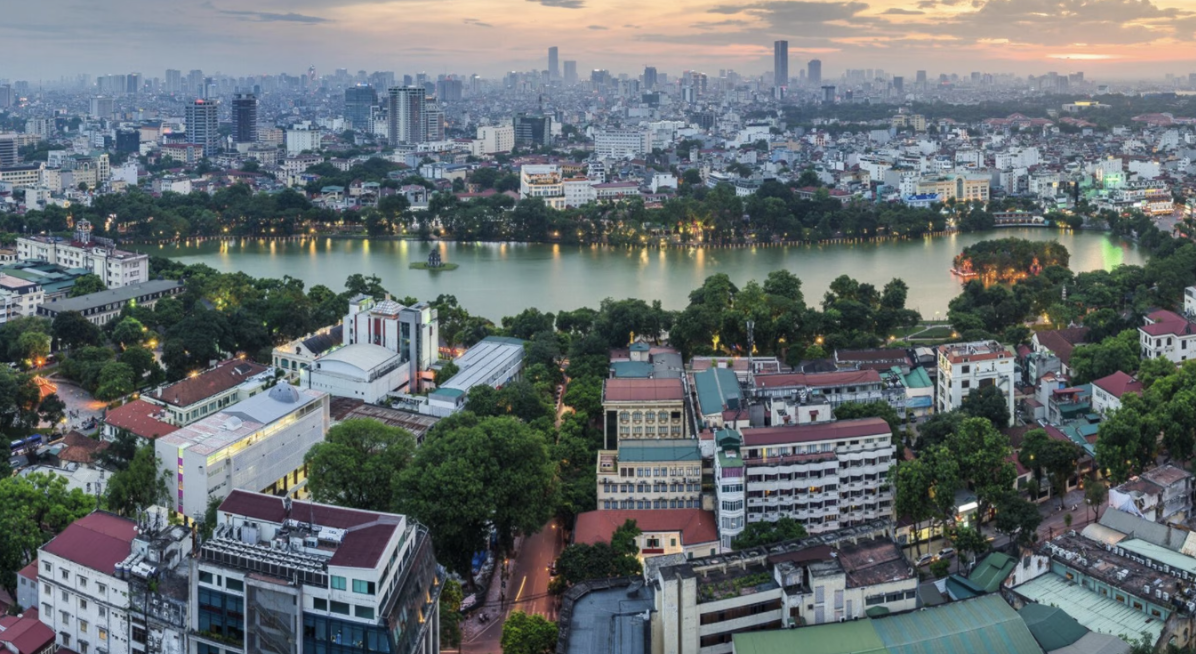
The biggest setback when buying property in Vietnam is that owner is on a leasehold basis. While there’s a promise for renewal, it’s still never guaranteed.
Additionally, some developers may sell properties without proper permits or fail to deliver on their promises, leaving buyers with incomplete or substandard units.
Hiring a reputable local lawyer who understands Vietnam’s real estate laws is essential for navigating these challenges.
Legal experts can help ensure that all documentation is legitimate and that the property complies with local regulations before any financial commitment is made.
Currency and Economic Risks
While Vietnam’s economy has experienced impressive growth, it remains a frontier market, which inherently carries higher risks.
The Vietnamese Dong (VND), though relatively stable compared to some neighboring currencies, is still subject to fluctuations.
For foreign investors, these currency risks can significantly impact the value of their investment, especially when converting rental income or sale proceeds back into their home currency.
Moreover, Vietnam’s economy, while robust, is not immune to global economic shocks or internal policy changes. High inflation rates, trade imbalances, or shifts in government policies can adversely affect property values and rental yields.
For instance, the government has occasionally hinted at tightening foreign ownership rules, which could impact the resale value and marketability of properties owned by foreigners.
Investors should consider hedging their currency risks and diversifying their portfolios to mitigate potential losses.
It’s also advisable to stay updated on Vietnam’s economic policies and market trends to make informed decisions.
Developer and Construction Risks
The Vietnamese real estate market is a mixed bag when it comes to developers. While some are reputable and deliver high-quality projects, others are less reliable.
Issues such as project delays, hidden structural defects, and incomplete amenities are not uncommon. Some developers may even abandon projects midway, leaving buyers stranded.
Foreign investors must conduct thorough due diligence on developers before committing to a purchase.
Researching the developer’s track record, visiting completed projects, and seeking testimonials from previous buyers can provide valuable insights.
Opting for established developers with a strong reputation can reduce the likelihood of encountering problems, but it does not eliminate the risks entirely.
Additionally, buyers should insist on detailed contracts that outline the developer’s obligations and penalties for non-compliance.
Engaging a qualified property inspector to assess the construction quality before finalizing the purchase is another prudent step.
Resale and Liquidity Challenges
The resale market in Vietnam is still in its infancy, making it difficult for investors to liquidate their assets quickly.
Most buyers in Vietnam prefer new developments, which means second-hand properties often struggle to attract interest. This lack of demand can result in longer selling periods and lower resale values.
Furthermore, the restrictions on foreign ownership add another layer of complexity to the resale process.
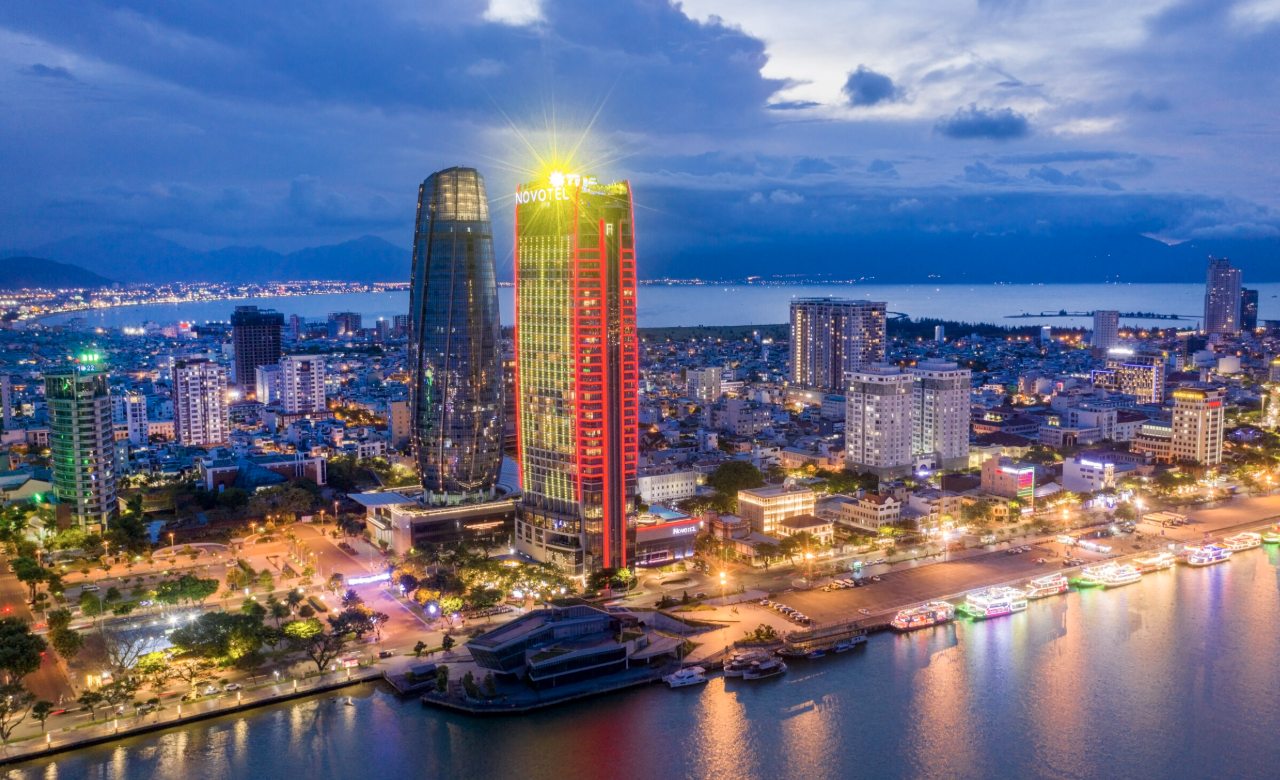
While Vietnam’s tech industry is rising, its bureaucratic legal system of property ownership is still behind – especially compared to places like Cambodia and Malaysia.
If the foreign ownership quota in a particular project or area is already filled, selling the property to another foreigner becomes almost impossible.
This significantly limits the pool of potential buyers and affect the property’s marketability.
Investors planning to exit the market should factor in these liquidity challenges and consider alternative strategies, such as renting out the property to generate steady income until a favorable selling opportunity arises.
Competitive Alternatives in the Region
While Vietnam has its appeal, it’s worth noting that other countries in Southeast Asia offer more foreigner-friendly real estate markets.
For instance, Malaysia allows foreigners to own freehold land and provides long-term visas tied to property investments.
Similarly, Thailand offers relatively straightforward property laws for condominium ownership, and Cambodia has fewer restrictions on foreign buyers.
These countries also tend to have more stable currencies and developed legal systems, which can make the investment process smoother and less risky.
Before committing to Vietnam’s property market, investors should evaluate these alternatives to ensure they are making the best decision for their financial goals.
Ongoing Legal and Policy Uncertainty
Vietnam’s real estate laws are still evolving, which can create uncertainty for investors.
Regulatory changes or stricter enforcement of existing laws could significantly impact property ownership and investment returns.
For example, recent discussions around tightening foreign ownership rules have raised concerns among investors about the long-term viability of their assets.
Additionally, local authorities have considerable discretion in interpreting and applying regulations. This lack of consistency can lead to unexpected challenges, such as delays in obtaining permits or disputes over property rights.
As Vietnam continues to develop its legal framework, these uncertainties may persist, making it crucial for investors to stay informed and adaptable.
Are the Risks of Buying Property in Vietnam Worth It?
Vietnam’s real estate market offers opportunities but comes with significant risks that can’t be ignored.
From restrictive ownership laws and bureaucratic hurdles to currency risks and developer reliability, the challenges are numerous.
While Vietnam’s growing economy and urbanization may seem like a lucrative prospect, the market is not without its pitfalls.
Indeed, other markets in Southeast Asia with more favorable conditions might be a better fit for your investment strategy.
Vietnam may be the land of opportunity for some, but for others, the risks might outweigh the rewards.
At the end of the day, it’s about going where you’re treated best – financially, legally, and personally.

